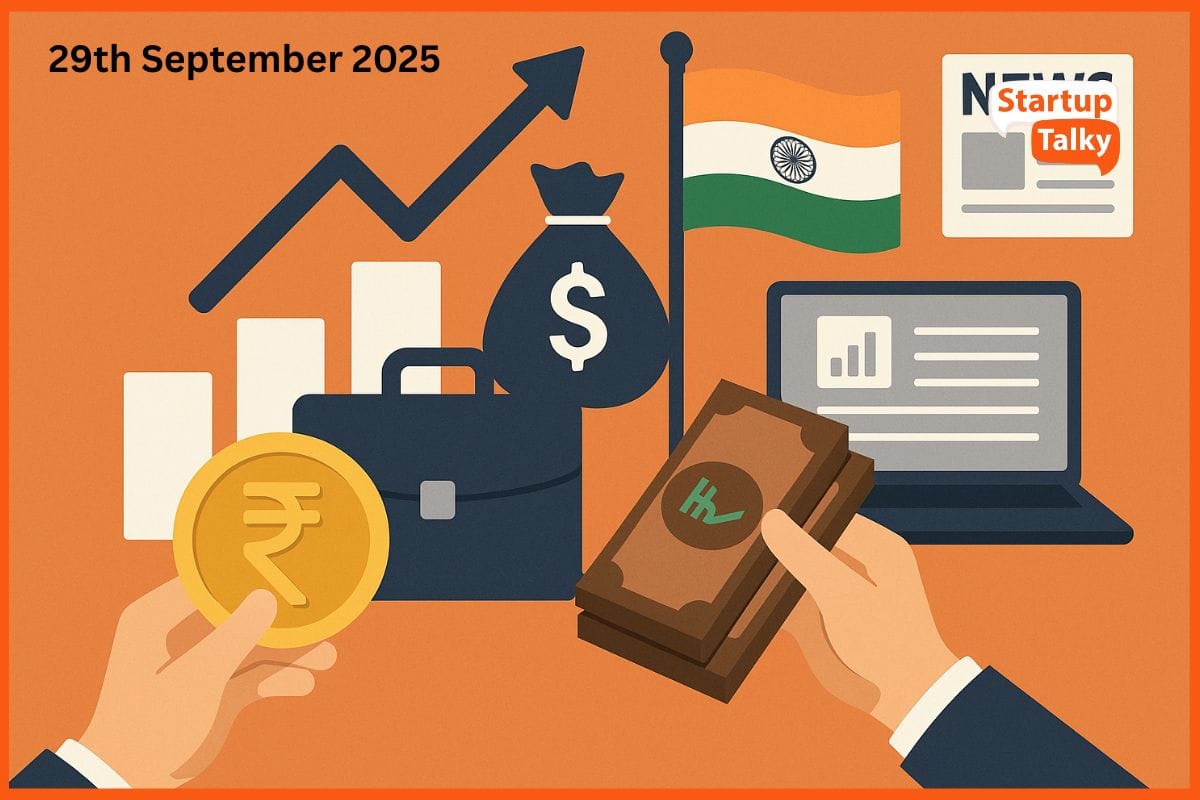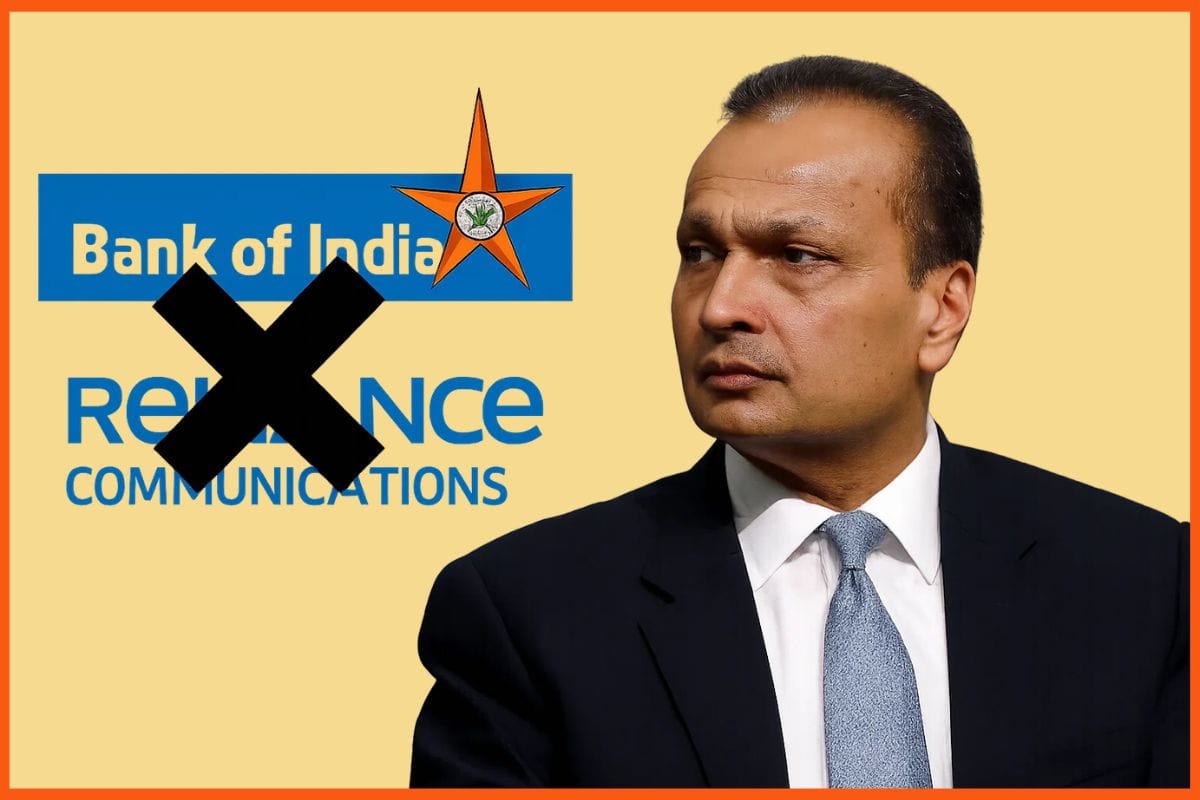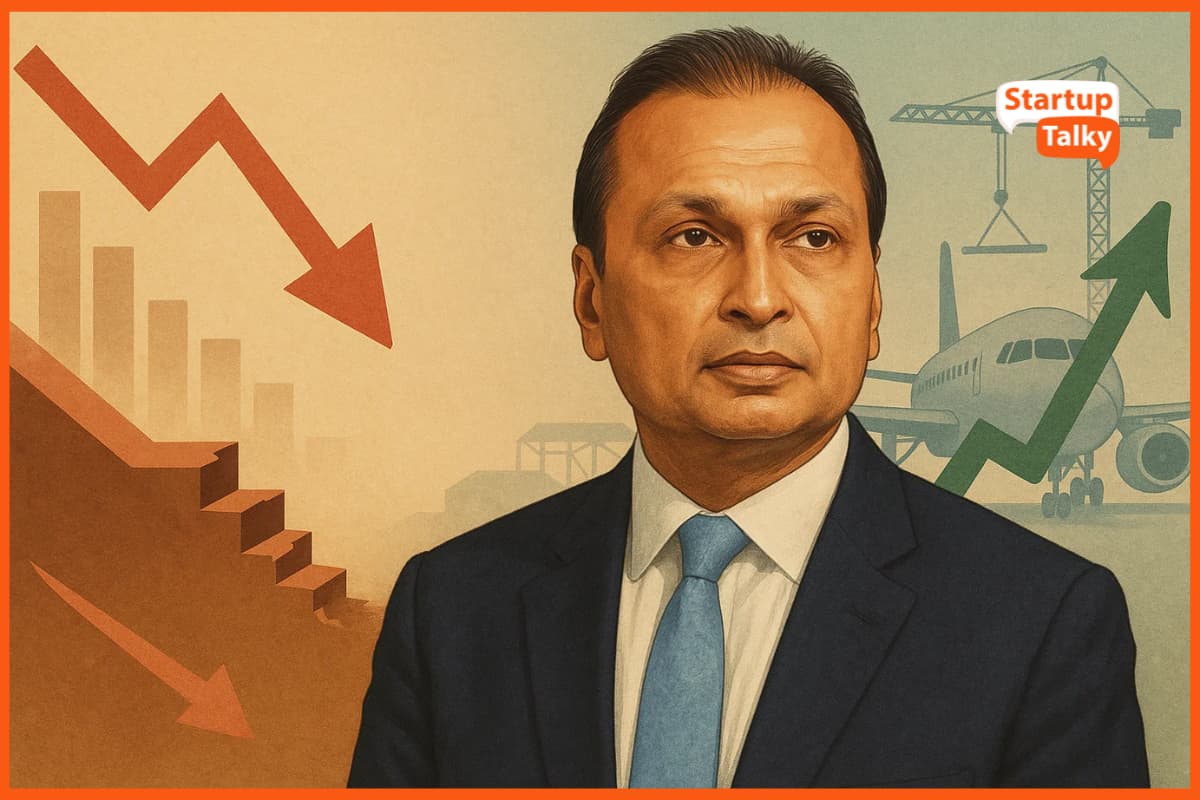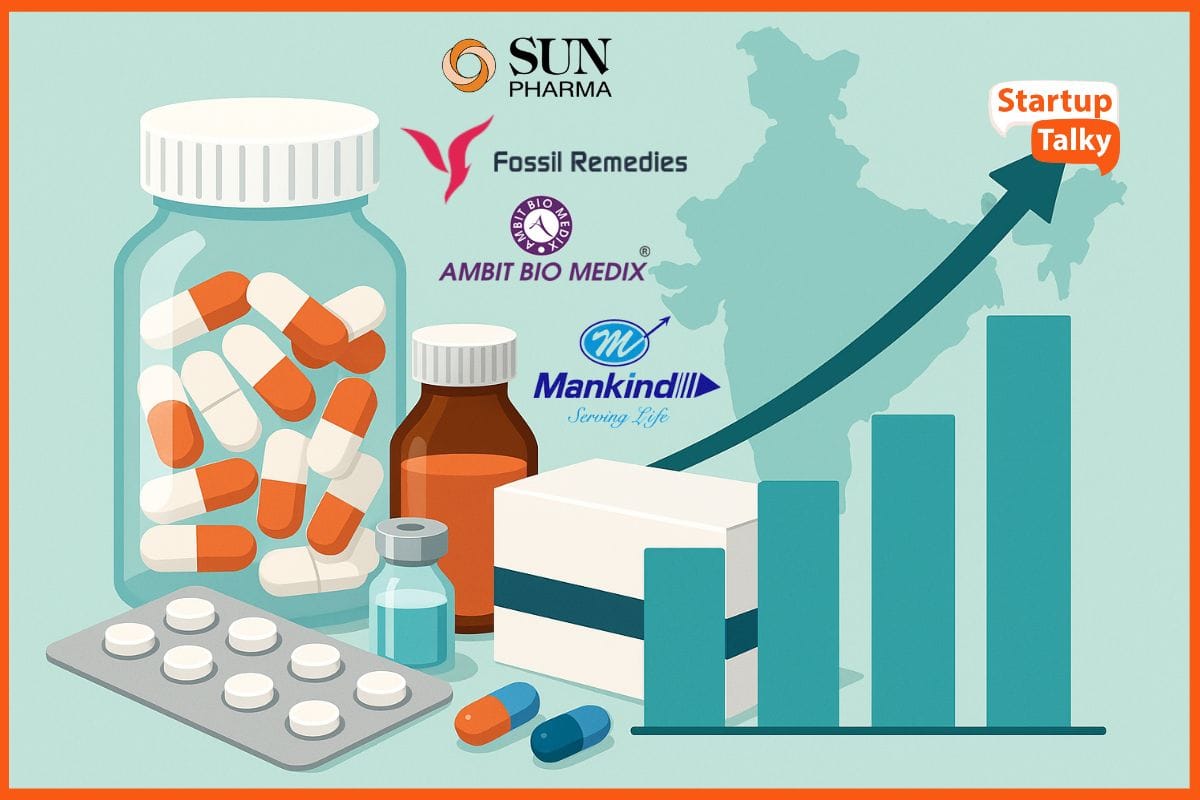Accel-backed Infra.Market, a leading construction materials solutions firm, has filed for an initial public offering (IPO) worth INR 5,000 crore through SEBI’s confidential filing mechanism. The company plans to split the IPO equally between a fresh issue of shares and an offer-for-sale (OFS) by existing investors.
The Bengaluru-based company’s move comes weeks after it closed what is likely its final private funding round ahead of the IPO. The Series G round raised INR 730 crore ($84–85 million), led by Zerodha co-founder Nikhil Kamath’s family office NK Squared, along with INR 250 crore from founders Souvik Sengupta and Aaditya Sharda. Existing investors including Accel, Tiger Global, Nexus Ventures, and Evolvence also participated. The fresh capital allowed the founders to increase their combined stake to about 30 percent, officially classifying them as promoters ahead of the IPO.

Company Financials
Infra.Market reported a strong financial performance. For FY25, the company closed with revenues of around INR 18,000 crore, EBITDA of INR 1,500 crore, and profit after tax of INR 300 crore. In FY24, revenue grew 23 percent year-on-year to INR 14,530 crore, while net profit jumped 2.5 times to INR 378 crore.
The firm has also raised debt financing to support its growth. In June, it secured $150 million from Mars Growth Capital, a joint venture between MUFG Bank and Liquidity Group. Earlier this year, Infra.Market raised $120 million from a mix of existing and new investors.
| Metric | FY24 (INR crore) | FY25 (INR crore) |
|---|---|---|
| Revenue | 14,530 | 18,000 |
| EBITDA | – | 1,500 |
| Profit After Tax | 378 | 300 |
What Infra.Market Does
Founded in 2016, Infra.Market provides end-to-end construction materials solutions. Its portfolio spans over 15 categories, including concrete, steel, walling, tiles, paints, and electricals. The company operates through more than 250 manufacturing units and 10,000 retail touchpoints across India.
Infra.Market serves both institutional clients (B2B) and retail buyers (B2R). It is the second-largest player in India by revenue in ready-mix concrete and holds the second-largest capacity in AAC blocks and flooring tiles. The company has also expanded through acquisitions, buying stakes in Emcer Tiles, Metro Group, RDC Concrete, and Shalimar Paints in recent years.

Why the Confidential IPO Route
Infra.Market opted for SEBI’s confidential pre-filing route, introduced in 2022. This allows companies to file IPO documents without immediately disclosing sensitive financial or strategic details. The method gives companies flexibility to keep rivals from accessing business information and allows them to withdraw or adjust plans based on market conditions.
Other notable firms that have used this route include PhonePe, Swiggy, PhysicsWallah, Groww, boAt, and Aequs. Investment bankers for the IPO include Kotak Mahindra Capital, ICICI Securities, Goldman Sachs, IIFL Capital, Jefferies, HSBC Securities, Motilal Oswal Financial Services, and Nuvama Wealth Management.
Infra.Market’s IPO comes as India’s construction and infrastructure sector grows rapidly. The move positions the company to capitalize on demand while giving existing investors a chance to exit partially. The filing marks a key milestone for the unicorn, which has raised over $700 million to date from marquee investors.











